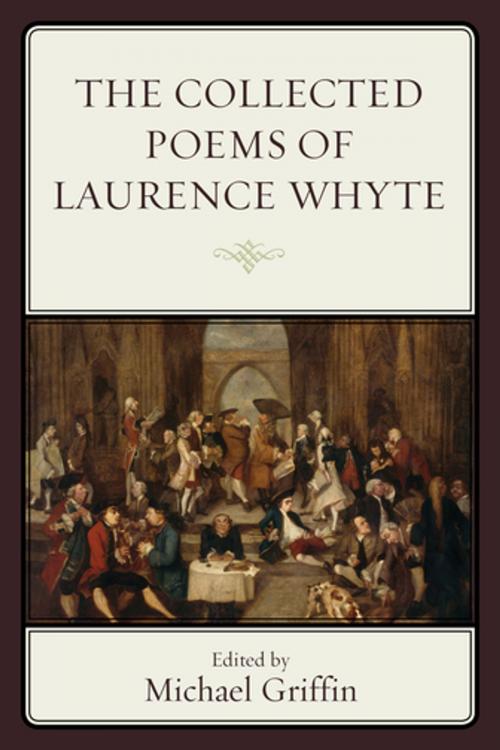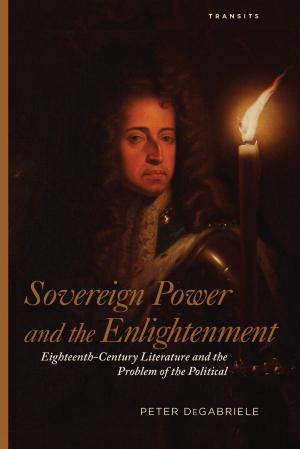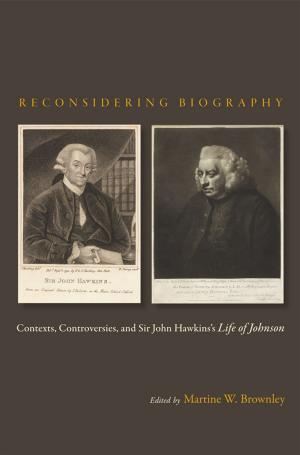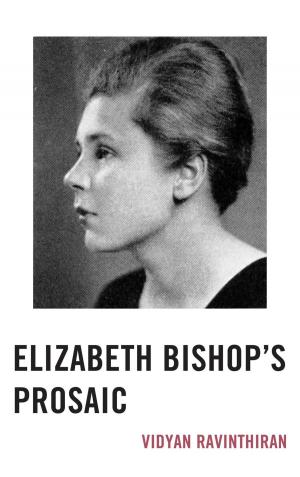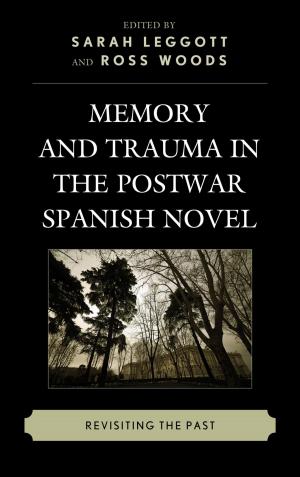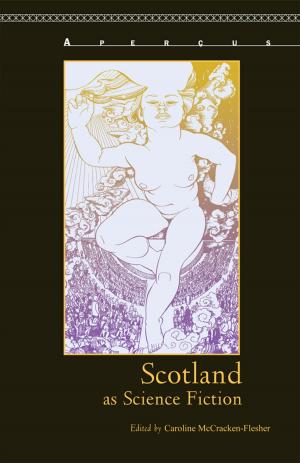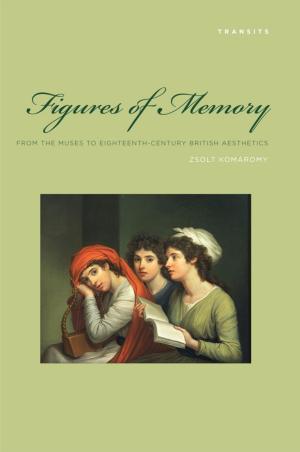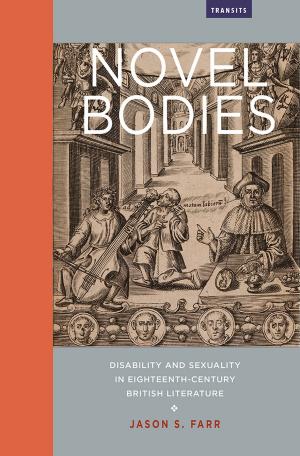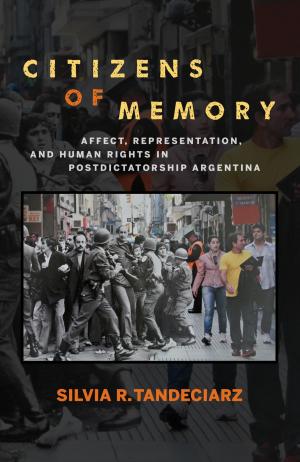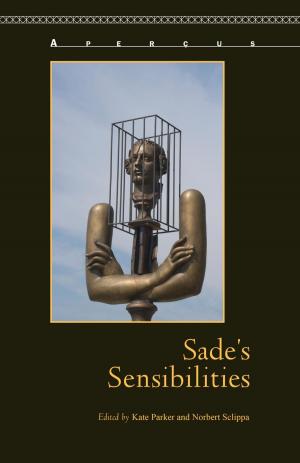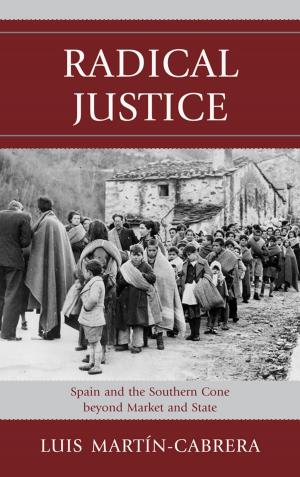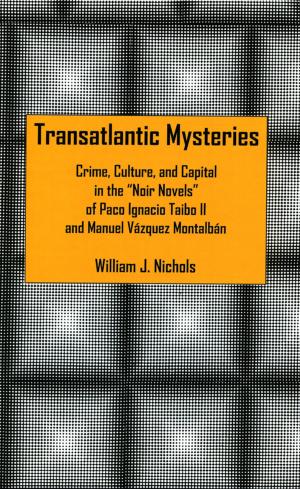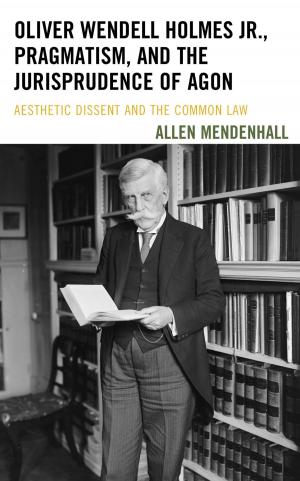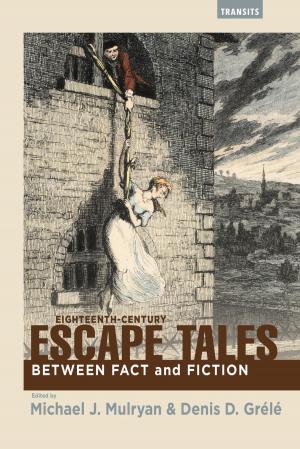The Collected Poems of Laurence Whyte
Fiction & Literature, Poetry, British & Irish, Nonfiction, Entertainment, Drama, Anthologies, Literary Theory & Criticism| Author: | ISBN: | 9781611487220 | |
| Publisher: | Bucknell University Press | Publication: | September 6, 2016 |
| Imprint: | Bucknell University Press | Language: | English |
| Author: | |
| ISBN: | 9781611487220 |
| Publisher: | Bucknell University Press |
| Publication: | September 6, 2016 |
| Imprint: | Bucknell University Press |
| Language: | English |
Though his name might not be familiar to many twenty-first century readers, Laurence Whyte (d.1753) is an important missing link in eighteenth-century Ireland’s literary and musical histories. A rural poet who established himself in Dublin as a teacher of mathematics and as an active member (and poetic chronicler) of the much admired and supported Charitable Musical Society, Whyte was a poet of considerable talent and dexterity, and his body of work yields a wealth of insight into the intersecting cultures of his time and place. Published in 1740 and 1742, Whyte’s writing, by turns humorous and poignant, insightful and nostalgic, straddled the worlds of Gaelic and Anglo-Irish, of the rural midlands and the capital, of Catholic and Protestant. Some of the dualities explored in his verse were present, to varying extents, in the work of Jonathan Swift and Oliver Goldsmith. In matters poetical, political and cultural, Whyte is an important, though as yet neglected and unstudied, figure. This edition, comprehensively introduced and annotated, retrieves him from that neglect.
Though his name might not be familiar to many twenty-first century readers, Laurence Whyte (d.1753) is an important missing link in eighteenth-century Ireland’s literary and musical histories. A rural poet who established himself in Dublin as a teacher of mathematics and as an active member (and poetic chronicler) of the much admired and supported Charitable Musical Society, Whyte was a poet of considerable talent and dexterity, and his body of work yields a wealth of insight into the intersecting cultures of his time and place. Published in 1740 and 1742, Whyte’s writing, by turns humorous and poignant, insightful and nostalgic, straddled the worlds of Gaelic and Anglo-Irish, of the rural midlands and the capital, of Catholic and Protestant. Some of the dualities explored in his verse were present, to varying extents, in the work of Jonathan Swift and Oliver Goldsmith. In matters poetical, political and cultural, Whyte is an important, though as yet neglected and unstudied, figure. This edition, comprehensively introduced and annotated, retrieves him from that neglect.
